
Wide angle
Photographers around the world delight in colour | Issue 20 | 2022

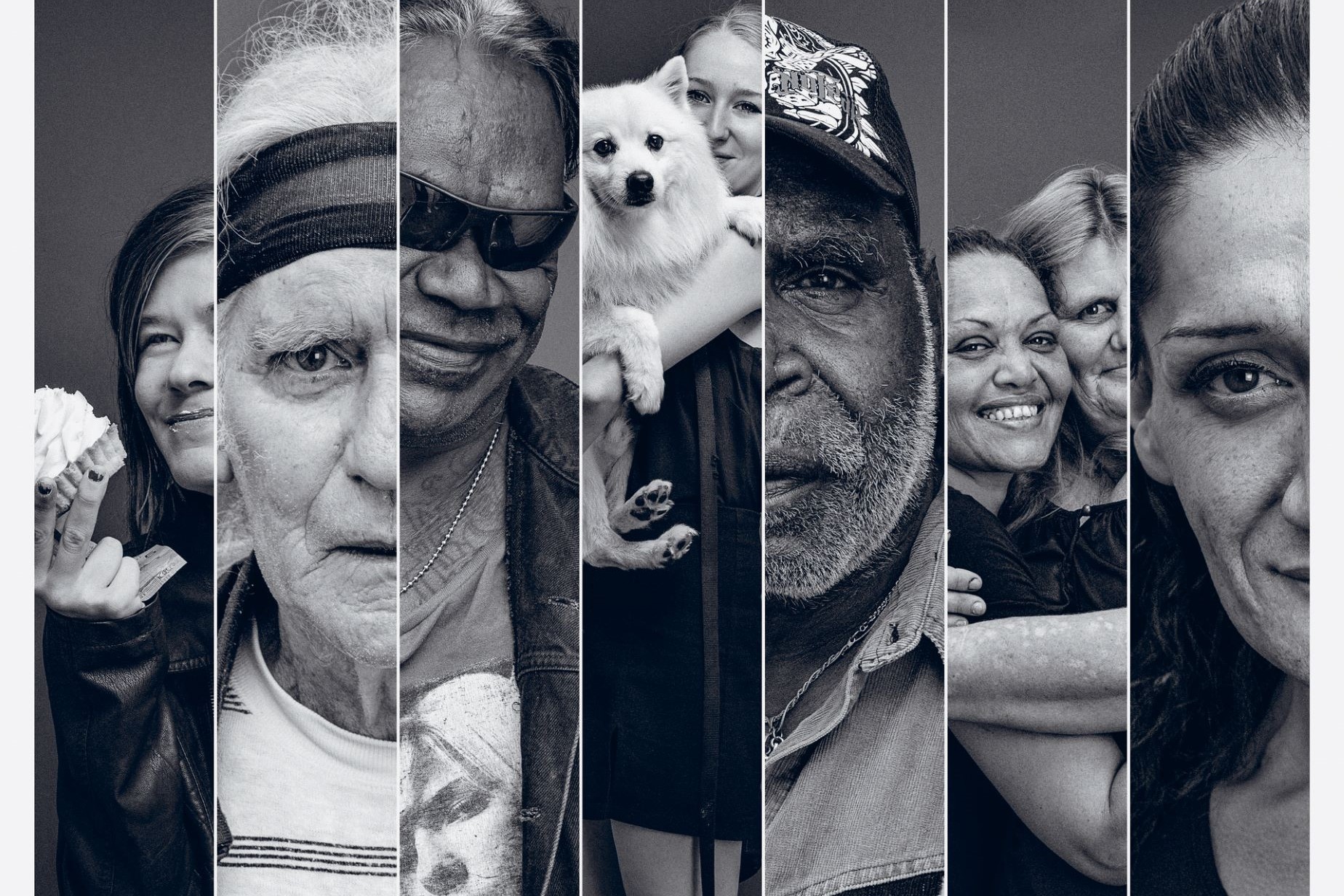
Wayside is a meeting place for the have-nots and haves, homeless and housed, lost and saved, sick and well
Photographs by Gary Heery and words by Graham Long
My dear friends, I will let you into a secret: you are okay. You really don’t have to prove anything to anyone. You don’t have to make your case to anyone. You were born okay and you are okay. The task before you is not to be someone you’re not, but to be the someone you are; someone who was born okay.
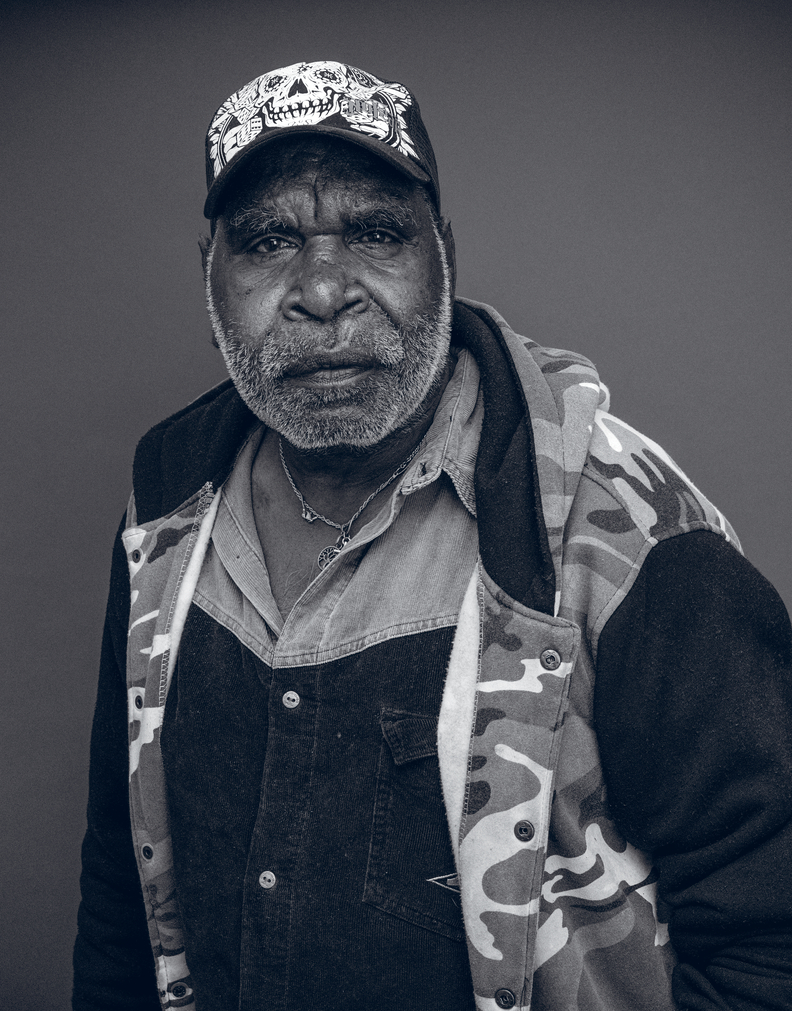
If we hear mostly bleak language, there is every chance that our thinking will be limited to bleak thoughts. If we listen to a barrage of language that is constantly concerned with attaining things that we don’t currently have, there is every chance that we’ll form a dissatisfied, ungrateful and self-entitled sense of ‘me’. Language that has lost hope tends to shut down possibilities and disconnect people from one another.
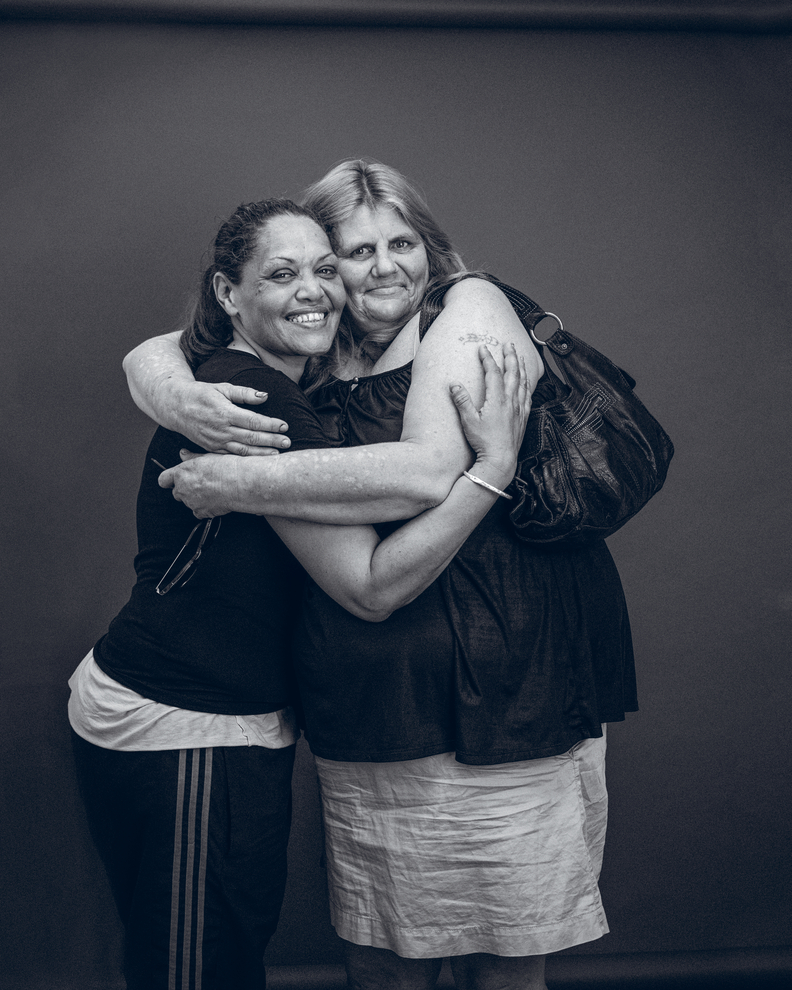
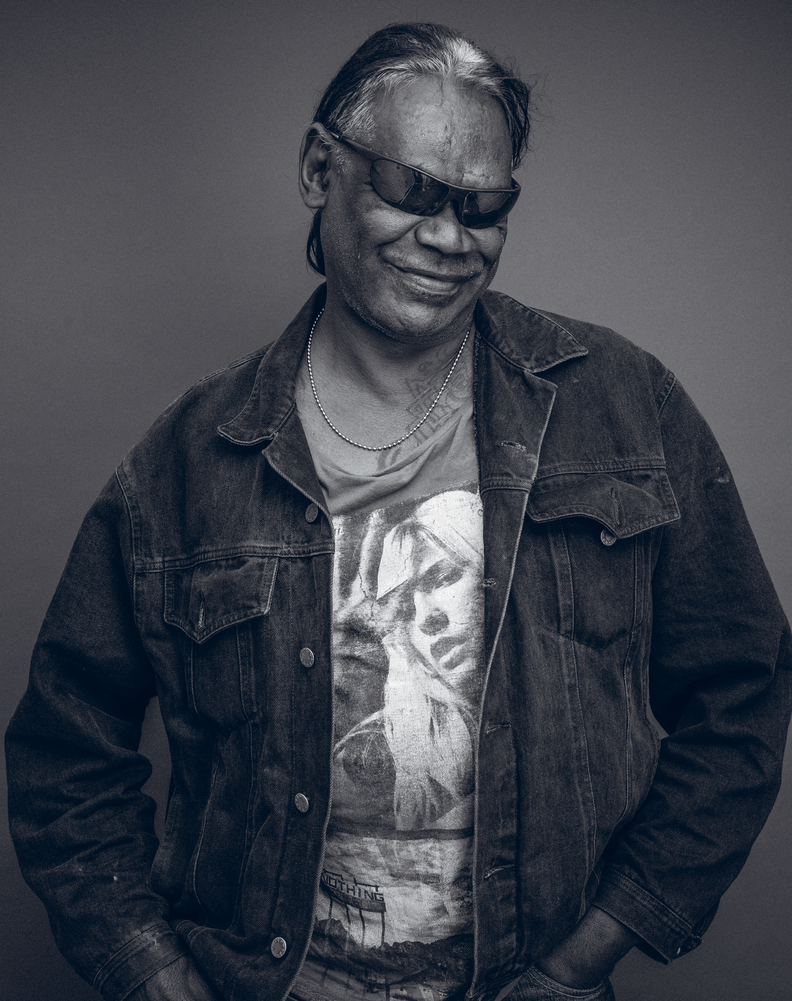
The one thing Wayside visitors have in common is a deep knowledge that they are on their own. You don’t have to be homeless to live with the sense that, no matter what it is you’re going through, you’re travelling alone. Perhaps my time has not come but it’s on the way: the time when we will see that the path we are taking to become more comfortable, more functional, or feeling better about ourselves is an endless and insanely expensive journey. One day we will see that what we really need to do is to call people out of their lonely spots and into the difficult but life-giving task of belonging to a community.
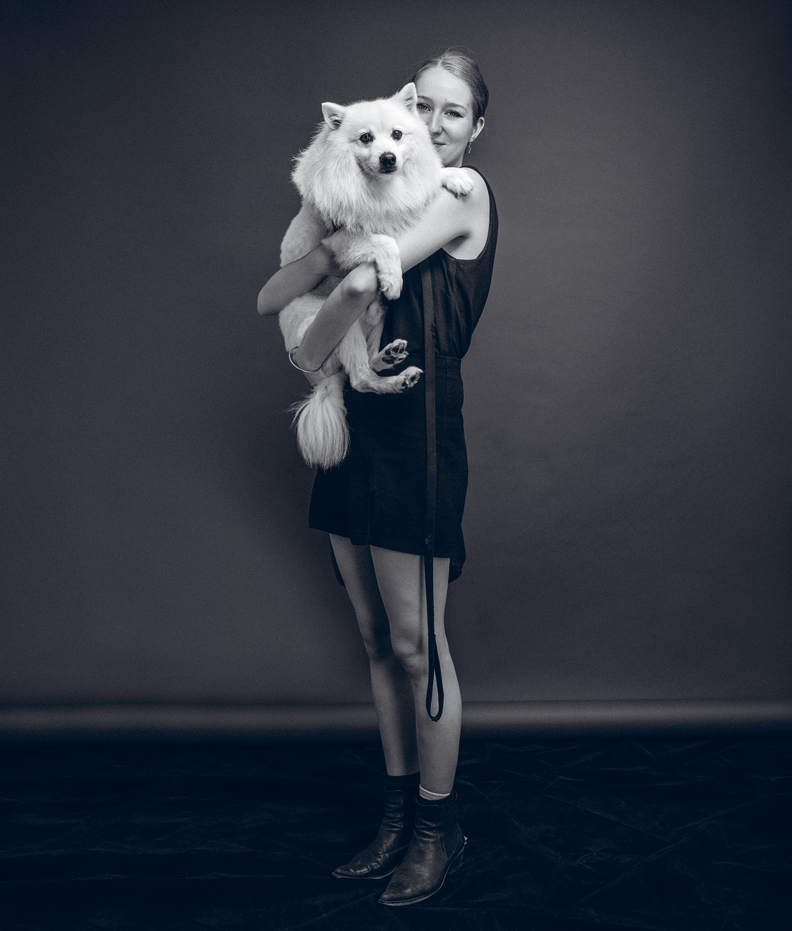
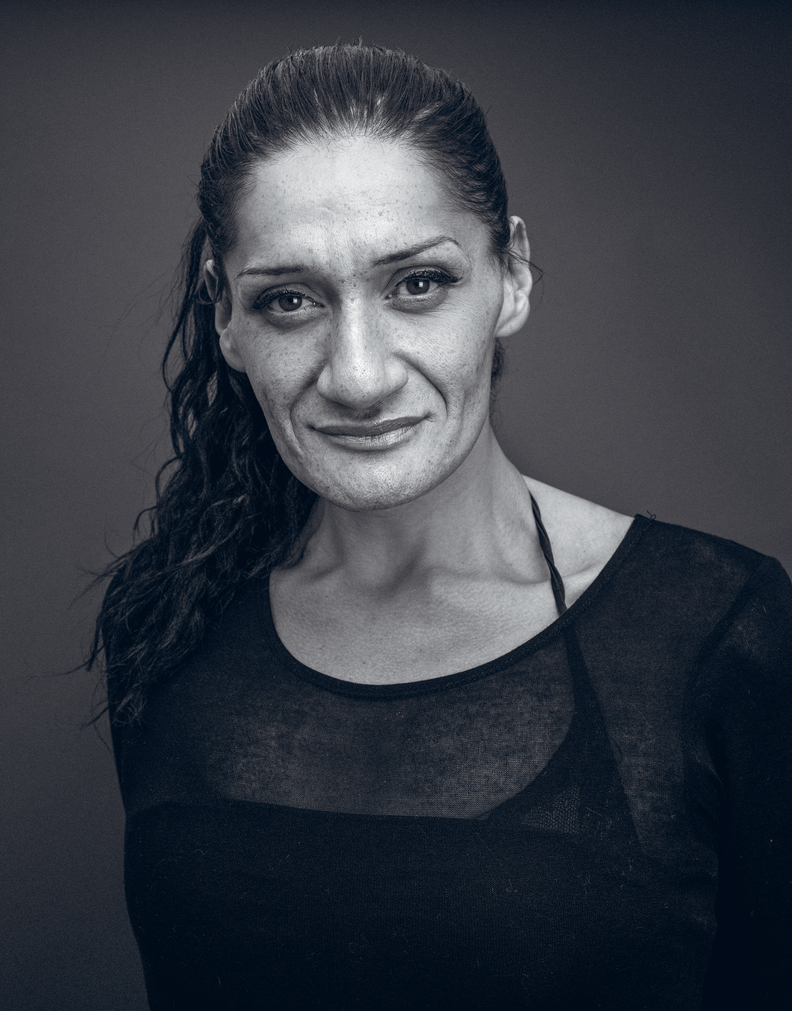
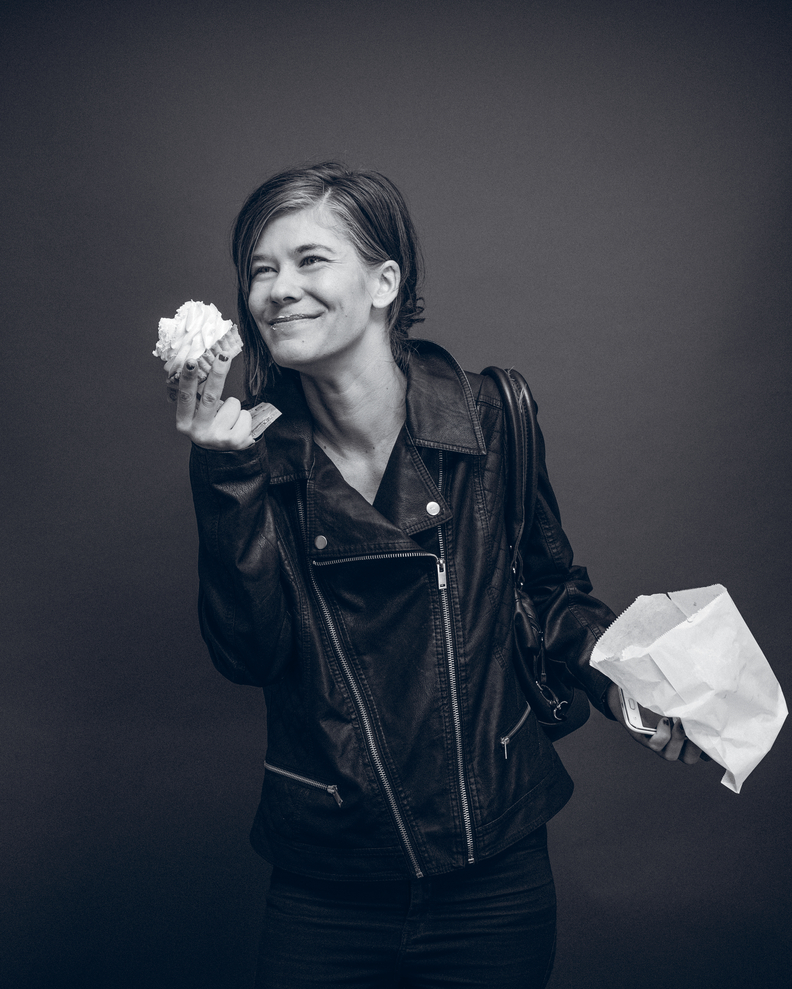
Individuals come to Wayside on the worst day of their lives, and they often arrive with an overwhelming sense of loss, anger and bewilderment—mostly because they don’t understand how they have come to this dreadful day. The poor version of entitlement is just as disagreeable as the rich version: ‘Get me some undies. I want socks. I want food but I don’t want to pay anything.’ All this and much more isn’t very endearing, but it does indicate that an individual can’t see anyone. They don’t recognise a gift because they don’t see a giver. All they see is stuff and their need of it. That’s why I say we don’t run an intensive care unit. We’re not here to run around and meet all your needs. Instead, we run an ‘I See You’ unit. If we see a person, they might see a person. If we see only a client, they’ll see only a dispenser of stuff. It’s our primary job to see people. Every now and then someone wakes up and sight is regained. Because we see a person, sometimes that person sees us. They can begin to see a giver, and for a time their eyes are diverted from their deep pit of need and a world full of stuff.
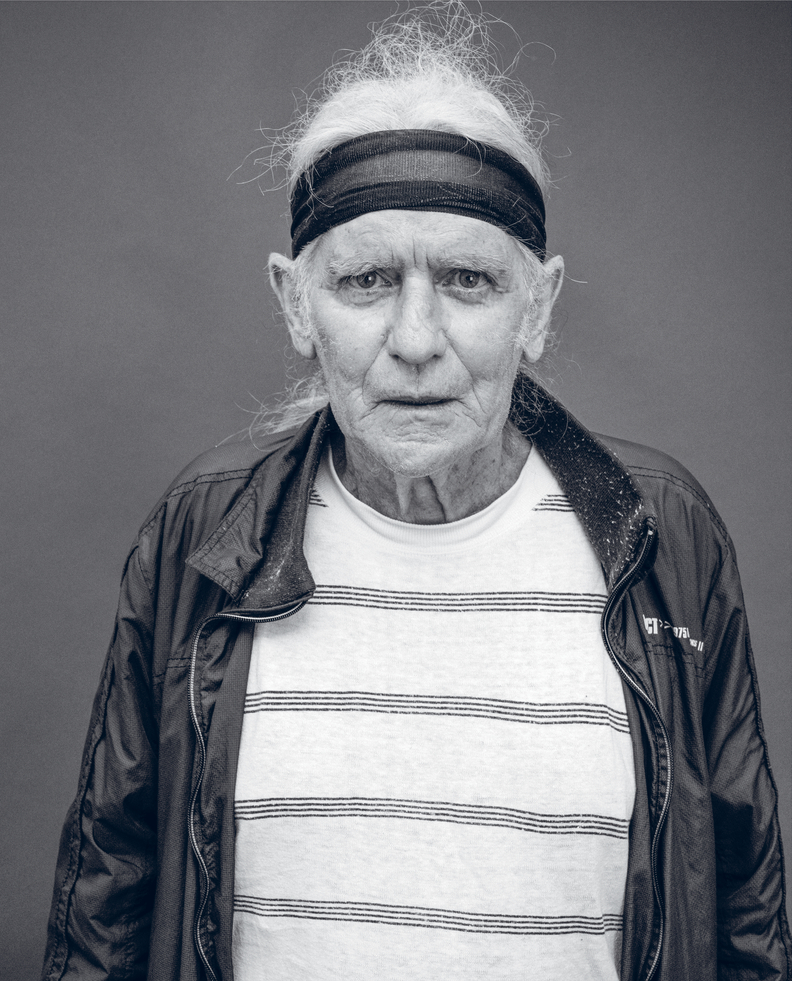
We are all human beings and we belong to one another; we all thrive or fail together.
Gary Heery has worked on album covers for Frank Zappa, Madonna and Joe Cocker and for Rolling Stone, Life and Esquire.
This photo essay is an extract from Wayside, published by NewSouth Publishing in 2016, and is reproduced here with the kind permission of the Wayside Chapel and Gary Heery. Every best effort has since been made to contact all the individuals portrayed here. Some, sadly, are no longer with us.
© Norton Rose Fulbright LLP 2025